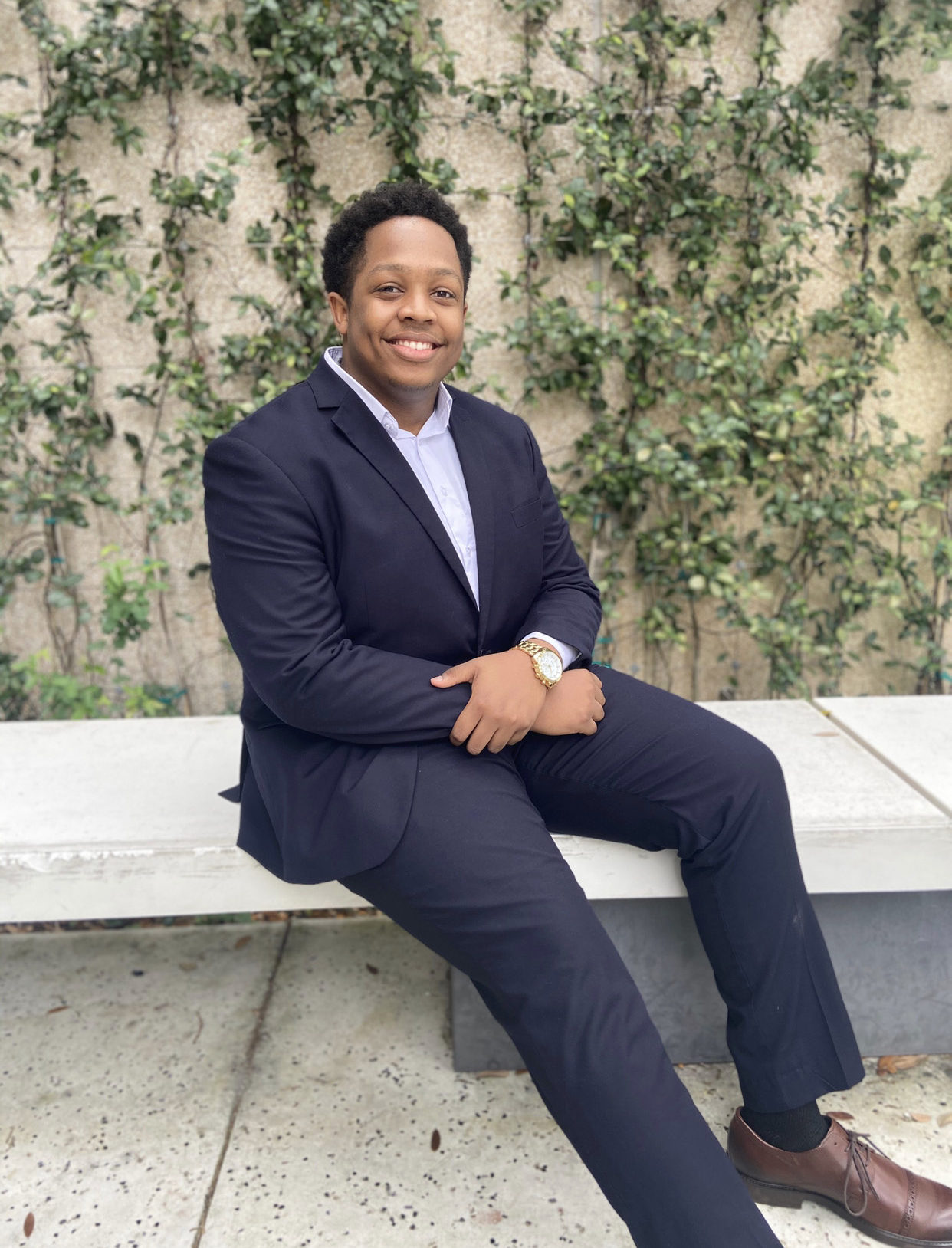Pictured Above: Because he was placed on “disciplinary probation” following a Title IX investigation, Isaiah Castle says, SG’s “archaic rules” are forcing him to step down.
Courtesy of Isaiah Castle
By Isaiah Castle
To the USF St. Petersburg Student Body,
I’m writing to you all to inform you that I will be resigning the office of lieutenant governor of the St. Petersburg campus, effective Friday, March 18.
The reasons why I am resigning are complicated and require a thorough explanation, so I wanted to do so in my own words in order for you to understand in the clearest way possible.
As many of you know, there was a Title IX complaint made against me around this time last year that warranted an investigation. That investigation has since ended, and although I won’t go into the details of the case in its entirety, I can say that I was found not responsible for all of the most serious accusations made against me.
However, the Student Conduct Committee that heard the case decided that one of the sanctions that were to be placed against me was disciplinary probation, which, as anyone who has gone through the student conduct process knows, is something that is commonly handed down in many instances regardless of severity.
This would be the end of the issue. However, Student Government’s Constitution states that any student that is under disciplinary probation cannot hold an elected position nor run for one within SG. I was made aware of this by SG leadership when I informed them of the results of the case, and they informed me that I needed to resign by March 18.
As disappointed as I am that this situation is happening, I’m more frustrated with SG allowing archaic rules like these to exist. These rules keep students who love this university (shortcomings and all) and want to make it better from being a part of an organization that can do just that.
Even with all of the responsibilities that it has, SG is a student organization, and no other student org on campus has the amount of unnecessary, exclusionary requirements that SG currently has. Involvement in student organizations plays a very large part in a student’s college experience and should be open to all students unless the most serious of offenses takes place (i.e. offenses that warrant suspension or expulsion, not minor offenses that warrant probation), and to not do so would be the exact opposite of the university’s pillar of inclusivity.
That’s not even mentioning how rules like the one that is forcing me to resign disproportionately affect minority students, who are statistically more likely to receive harsher consequences than non-minority students for the same violations.
Rules like these create an image of SG that makes it harder and harder to get students to not just join but stay and be actively involved. Only a few people that were a part of SG just last year when I joined are still there, and it makes it difficult to continually make progress on initiatives when the people advocating for them are constantly leaving.
For the good of SG, and in turn the good of the student body, there need to be wholesale changes to the way membership is handled.
As for you all, the student body, I’m forever grateful for the opportunity I was given to serve in this role over the past year or so. Being able to be a vocal student leader for you all during a global pandemic as well as the reckoning around social justice and police brutality that happened this summer was an experience that I will hold with me forever.
To my team, especially my running mate Gov. Campos, it has been a pleasure to work with such a great group of people. I hate that it turned out this way, but if you asked me if I would do it again knowing how it would end, I would sign up in a heartbeat.
In Bull Pride,
Isaiah Castle




This is a problem in many organizations that do not review its Bylaws every 2 to 4 years. Change is not always bad. I am very sorry this is happening to Mr. Castle. Archaic systems prevents growth and progress.